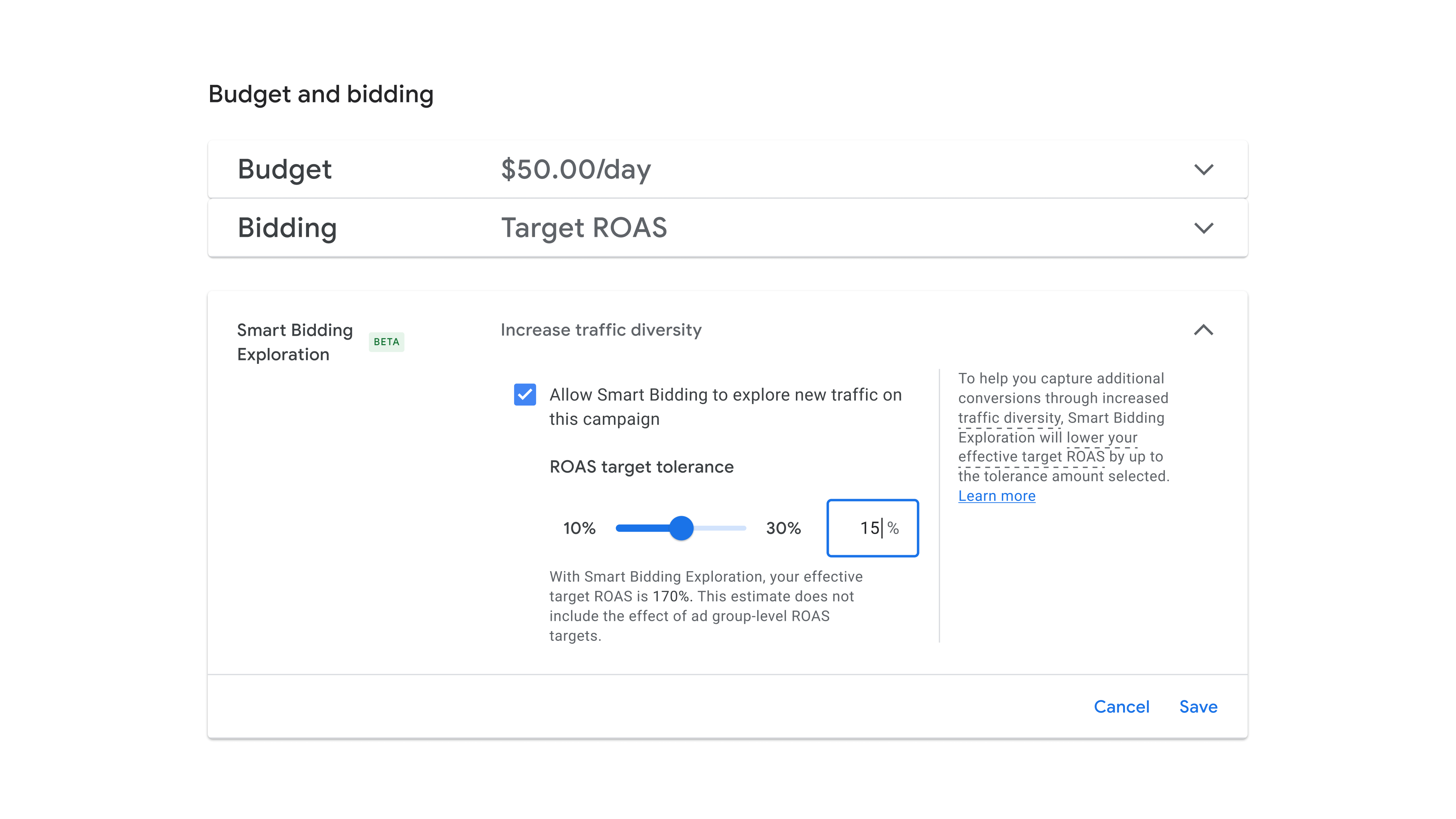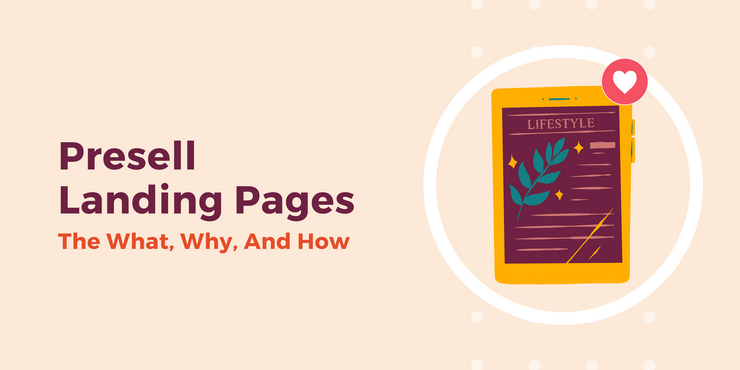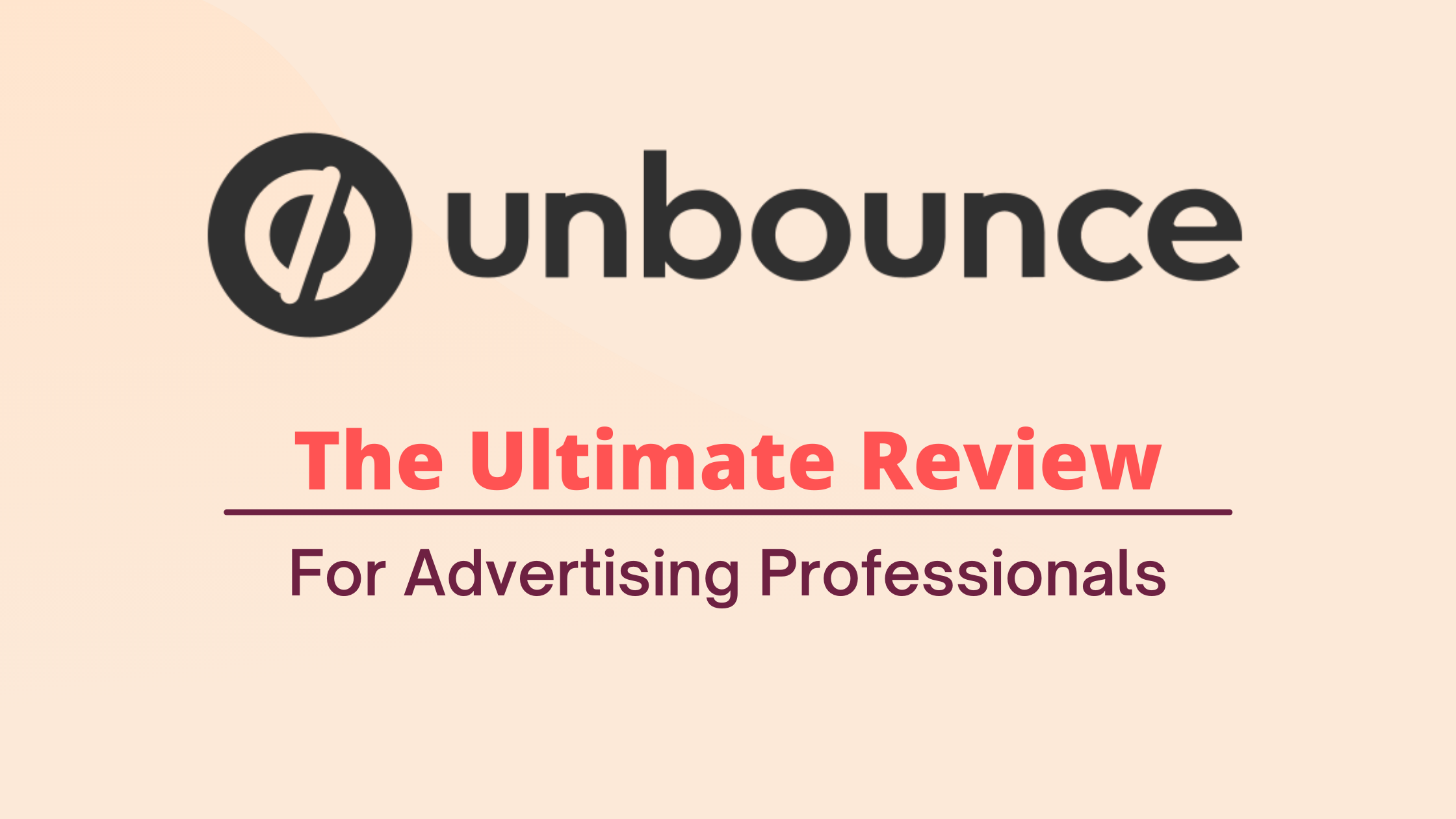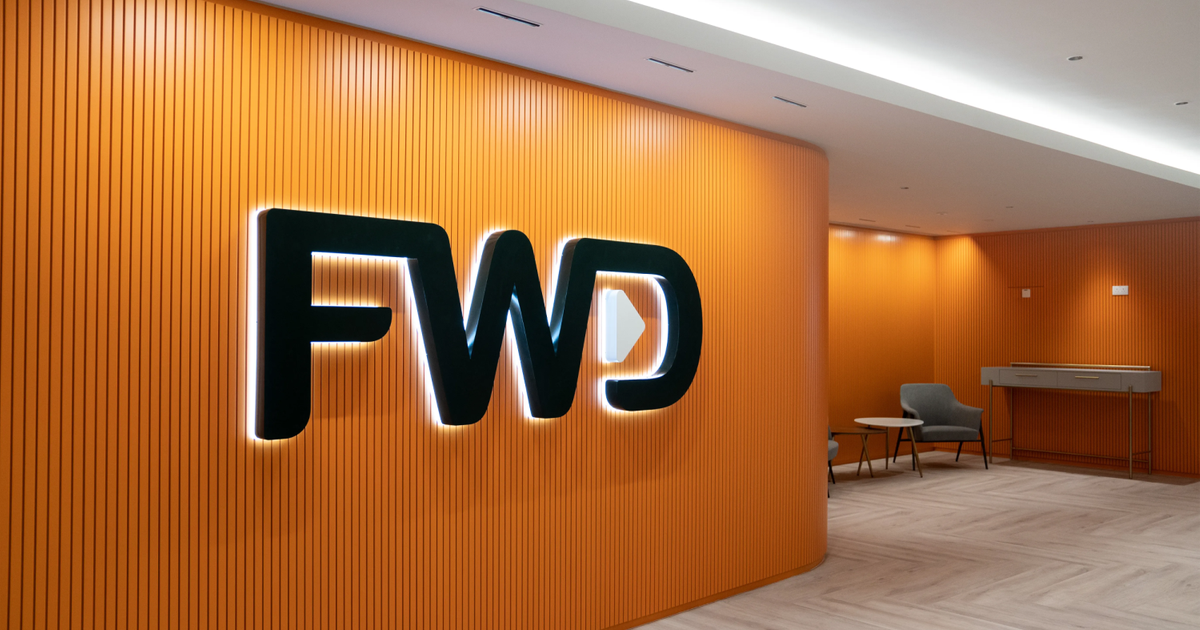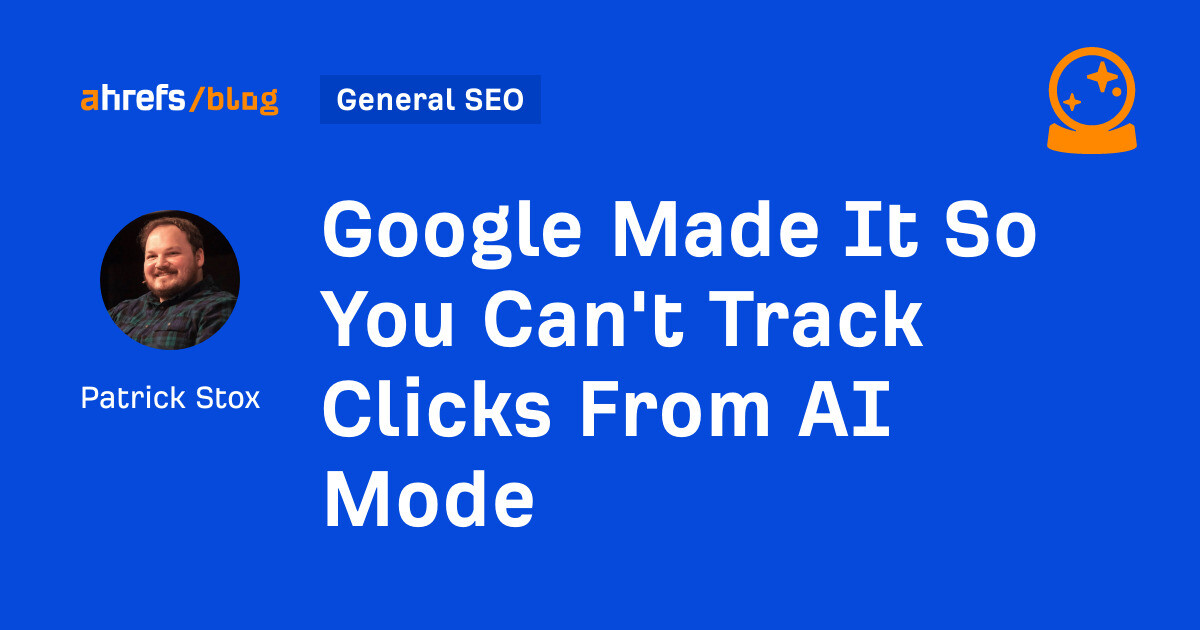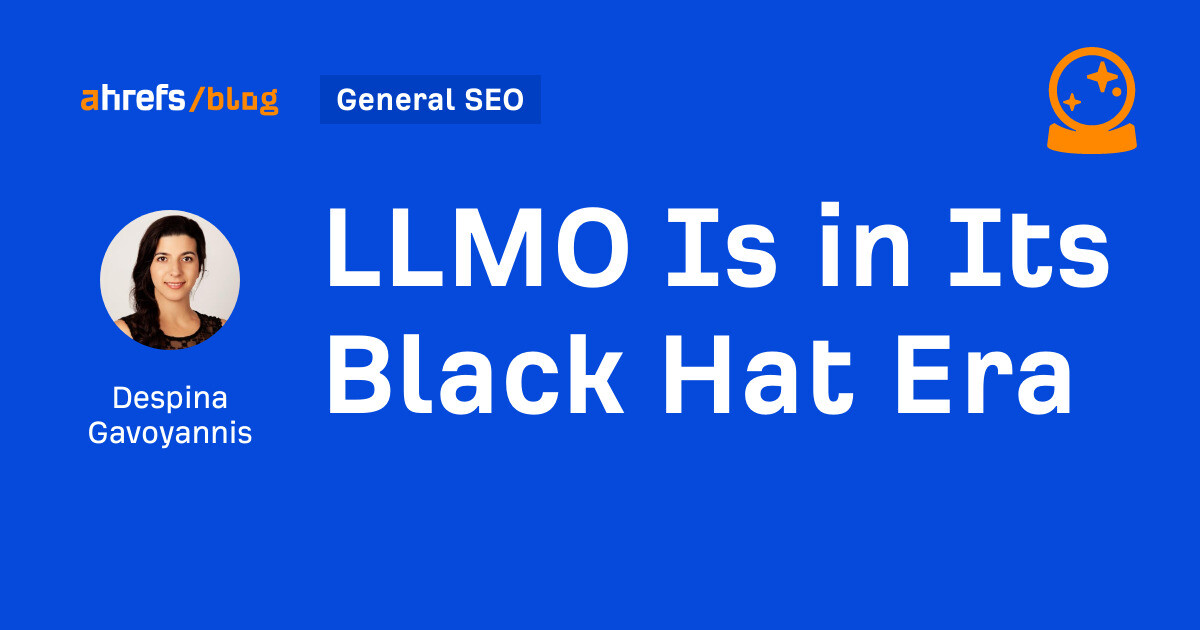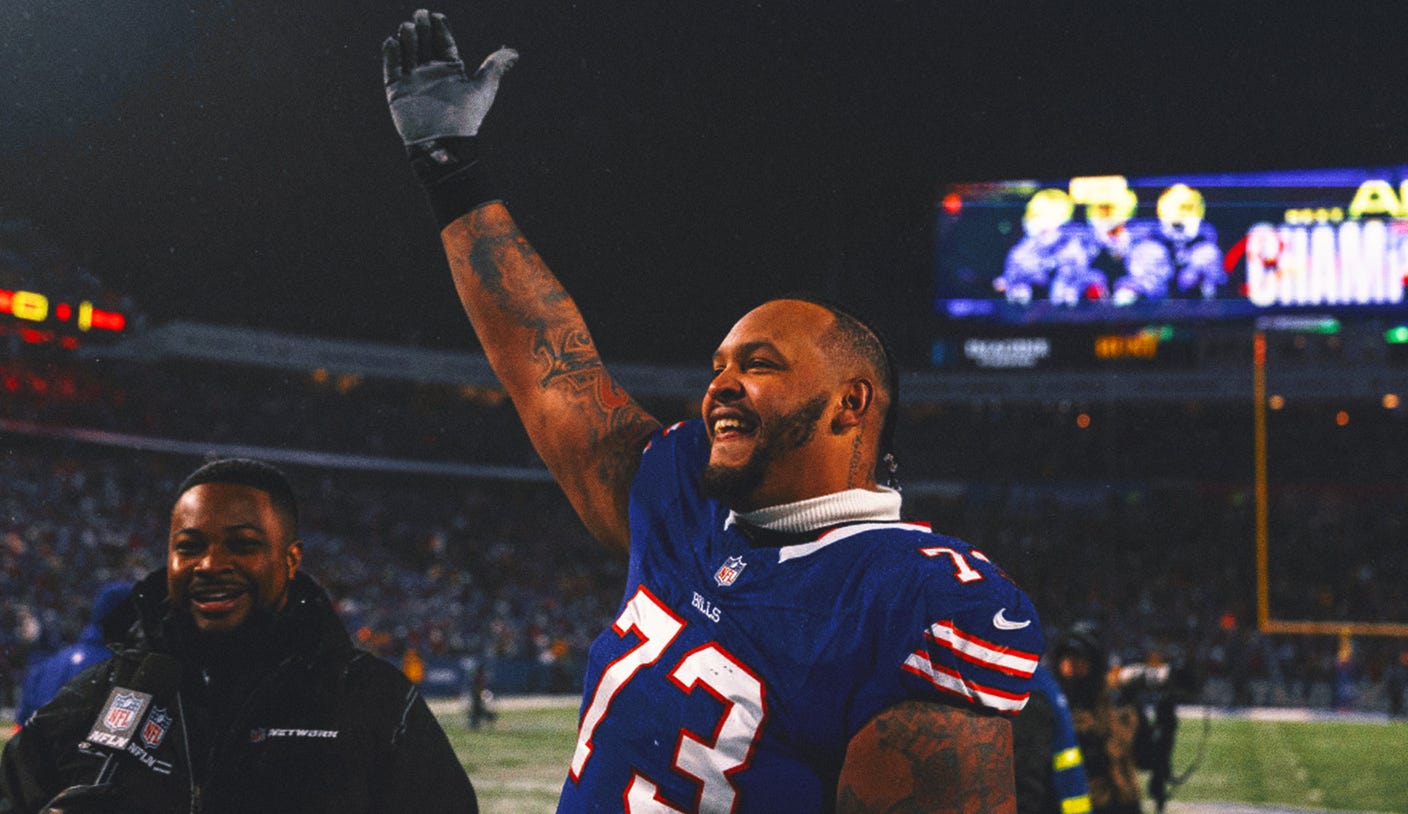Bud Light's Dylan Mulvaney partnership—marketing experts react to controversy
Bud Light's partnership with transgender influencer Dylan Mulvaney draws fierce conservative blowback, sales concerns—but also support.

The controversy over Bud Light’s partnership with a trans influencer isn’t blowing over so easily. While some distributors worried about the potential of a Bud Light sales slowdown, various so-called “anti-woke” voices continued calling for a Bud Light boycott, more than a week after the brand partnered with transgender influencer Dylan Mulvaney.
Bud Light, meanwhile, has been silent on social media and has issued only a single statement since the controversy began.
The episode illustrates the risk that brands can take when partnering with influencers while revealing that some Americans are particularly uneasy when brands they might support meet politics that they don’t. Mulvaney on April 1 made posts on Instagram showing off a custom Bud Light can with her face on it, along with videos that paid tribute to Bud Light’s new TV ads. The custom can recognized Mulvaney having transitioned for one year, or as she called it in a video, “my day 365 of womanhood.”
The posts drew a fevered reaction, including from musicians Kid Rock, John Rich and Travis Tritt. Tritt said he was deleting Anheuser-Busch InBev items from his hospitality rider; Rich asked Twitter users to weigh in on the “replacement” for Bud Light at his Redneck Riviera bar; and a Kid Rock video showed him shooting Bud Light packages with an automatic rifle and using expletives for Bud Light and Anheuser-Busch.
But others came to Bud Light's defense.
Center of culture
“Bud Light is America’s best-selling beer by a large margin and it [is] also one of the world’s biggest advertisers, so it’s a brand that is always at the center of culture,” said Lisa Weser, a former Anheuser-Busch InBev communications executive who today is CEO of Trailblaze, a cannabis communications company. “When you’re at the center of culture then you are always going to be a target for this type of controversy. This is not the first controversy and it’s not going to be the last for this brand.”
Bud Light parent AB InBev has declined comment beyond a statement that said the partnership with Mulvaney was one way it was connecting with diverse audiences. It also emphasized that the custom can was presented as a commemorative gift and not, as some evidently believed, a product in wide production.
“Anheuser-Busch works with hundreds of influencers across our brands as one of many ways to authentically connect with audiences across various demographics,” the statement said. From time to time we produce unique commemorative cans for fans and for brand influencers, like Dylan Mulvaney. This commemorative can was a gift to celebrate a personal milestone and is not for sale to the general public.”
But the brand, which was typically tweeting several times a day, has gone silent on the social media site since April 1. Its Facebook and Instagram feeds have gone without new content for more than a week.
Weser said the brand’s relative silence speaks to a need not to further inflame its critics. It must also consider distributors in politically conservative regions where the influencer move might not be popular.
“The strategy is not to fan the fire since the bottom line is these are brands with two audiences, one is the consumer; the other are the distribution companies that purchase these beers,” she said.
A conscious decision
Influencer marketing experts said it was likely that Bud Light could have expected some negative reaction to the partnership.
“Based on our experience working with global brands, it’s highly likely a tremendous amount of research, vetting, planning and deliberation went into Anheuser-Busch/Bud Light’s decision to engage Dylan Mulvaney, and they likely anticipated mixed feedback,” Cooper Munroe, CEO of The Motherhood, a social influencer marketing agency, said in emailed remarks. “The brand made a conscious decision to work with her and appeal to a younger demographic, and, in doing so, promote the Anheuser-Busch brand and values.”
Related: Consumer survey on LGBTQ+ ad representation
Danielle Wiley, CEO and founder of Sway Group, said she was in agreement with how Bud Light has played the controversy, steering clear of arguments with its detractors while supporting Mulvaney.
“We would tell any brand when you hire an influencer just make sure they’re aligned with your values and just stand behind them,” Wiley said. “You can’t crumble just because a few loud people might be upset with it. As long as the creator you’re using hasn’t been inappropriate or broken laws, you stand behind them.”
In a highly charged culture, brands need to be aware when their marketing takes on a political tone that could be costly. Kimberly Whitler, associate professor of business administration at the University of Virginia’s Darden School of Business, said academic research has indicated that sociopolitical activism that aligns with political ideology tends to have a greater effect on those who disagree, creating “a negative asymmetric impact,” outweighing the positive associated with it.
“When you do something you think is inclusive but that conservatives and liberals will see diametrically opposed, that becomes problematic for the brand,” Whitler said.
Bud Light, Whitler added, should “step back and listen,” particularly if the brand was taken aback by the reaction.
Modest comeback
The controversy comes while Bud Light was showing signals of a modest comeback. Although Bud Light has lost share for 13 years, executives are hopeful new marketing can slow its decline. A report last week from Alliance Bernstein said that Bud Light had slowed its rate of decline over the last three months, although it slipped along with the beer industry in the most recent four weeks, according to Nielsen.
It’s still too soon to tell how the controversy will play out at the cash register. A Bud Light distributor contacted by Ad Age said it would be weeks until he would know how the event impacts sales. But according to Beer Marketer’s Insights, “many distributors expect there to be an immediate impact on sales, perhaps a lasting one,” as a result of the blowback.
The partnership with Mulvaney at one time would have been jarring for a brand such as Bud Light, that at one time was more likely to draw criticism for sexism for ads that deployed frat-boy style humor and women in bikinis.
But Heinerscheid has made little secret of the brand’s need to connect with new audiences to survive. “Our No. 1 job on Bud Light is to grow meaning and relevance with new drinkers—that is how we transform and really preserve this brand for the next 40 years,” she told Ad Age last year.
Mulvaney’s posts referenced these two ads while promoting an ongoing contest challenging consumers to demonstrate how they carry Bud Light.

 Tekef
Tekef 













